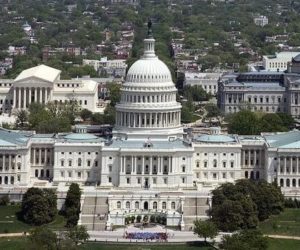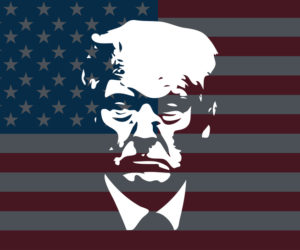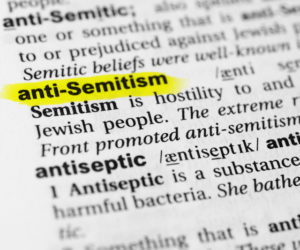In my post yesterday, on the human slaughter in Darfur and on the International Criminal Court’s (ICC) issuance of an arrest warrant for Sudanese head of state Omar al-Bashir, I mentioned columnist Nicholas D. Kristof several times.
Mr. Kristof has been the one consistent, eloquent and persuasive voice since the Darfur “conflict” started several years ago.
True to form and like clockwork, Kristof this morning reacted to the disturbing decision by al-Bashir to expel aid groups that are vital to keeping more than a million desperate men, women and children alive in Darfur.
In his New York Times column, “Watching Darfuris Die,” Kristof offers “an educated guess” as to what will now happen in those refugee camps in Darfur, where more than a million people desperately depend on humanitarian aid groups for health care, food and water:
The biggest immediate threat isn’t starvation, because that takes time. Rather, the first crises will be disease and water shortages, particularly in West Darfur.
The camps will quickly run out of clean water, because generator-operated pumps bring the water to the surface from wells and boreholes. Fuel supplies to operate the pumps may last a couple of weeks, and then the water disappears.
Health clinics have already closed, and diarrhea is spreading in Zam Zam camp and meningitis in Kalma camp. These are huge camps — Kalma has perhaps 90,000 people — and diseases can spread rapidly. Children will be the first to die.
Hundreds of thousands of people in the camps may try to flee to Chad, but that would overwhelm Chad’s own impoverished and vulnerable population. And to top it off, Mr. Bashir has armed a large proxy force of Chadian rebels who are said to be preparing an attack on the Chadian government.
And what has been the Obama administration’s response to these developments?
In my post yesterday, I wrote on some of Obama’s statements on Darfur during his presidential campaign. They were strong, constructive and full of promise.
More recently, the Obama administration’s initial reaction, according to Kristof, “made Neville Chamberlain seem forceful. The State Department blushingly suggested that the expulsion ‘is certainly not helpful to the people who need aid.’”
But, “Since then, the administration has stiffened its spine somewhat. Susan Rice, the ambassador to the United Nations and designated hitter on Sudan, told [Kristof], ‘If this decision stands, it may well amount to genocide by other means.’”
Darfur does not have weapons of mass destruction.
Darfur is not a threat—imminent or otherwise—to the security of the United Sates. No “mushroom cloud” here.
Darfur does not have a Saddam Hussein using chemical weapons on his own people. However, the ICC warrant for the arrest of Darfur’s oppressor, the President of Sudan, speaks for itself.
Installing democracy in Darfur—making it “a shining beacon of democracy” in East Africa—is the farthest thing from the minds of its terrorized, starving, dying people right now.
Some say that Darfur may have deposits of oil and minerals, including uranium. At least for now, the presence or absence of such natural resources in Darfur should not be the issue, should not be relevant.
So why should the United States, the most God-fearing, compassionate, humane and powerful nation in the world give a hoot about Darfur, and actually do something about it?
Because it is the right thing to do. Now, there is a novel national policy objective!
We’ll see if the Obama administration rises to the occasion—as it promised it would.
Photo: Courtesy genocide.change.org

















